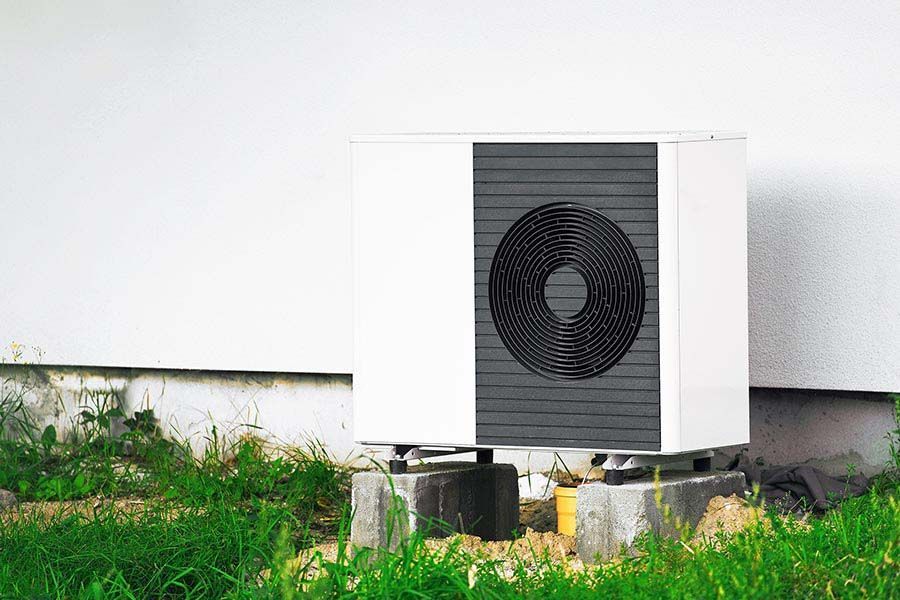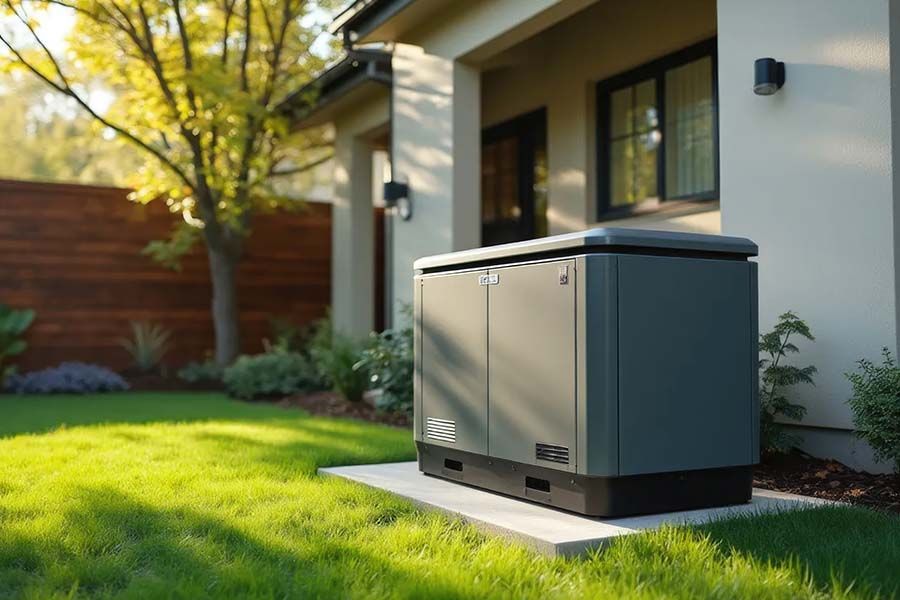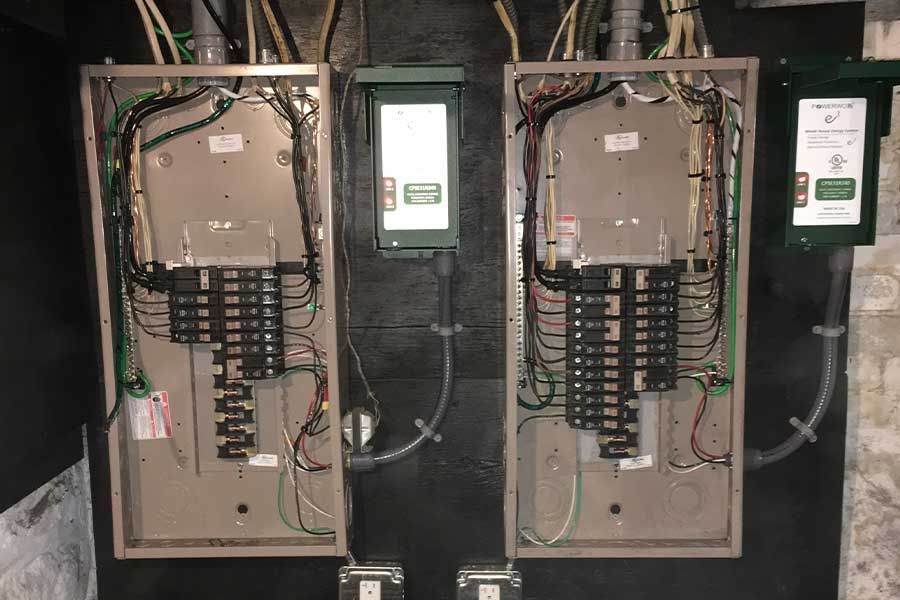How Do You Know if Your Boiler Is Broken?
How do you know if your boiler is broken? Some telltale signs can alert you to a malfunctioning boiler — or at least one that’s not working as efficiently as it could.
The good news is that a “broken” boiler does not mean unusable or beyond repair. You can save your boiler in many instances. You just need to know what signs to look out for that tell you it isn’t working.
Many issues could be causing your boiler to malfunction, depriving you of heat and hot water. Regardless of the problems with your boiler, you may need help from an experienced boiler repair technician to get to the root of your issue.
Understandably, you probably want to know more about the problems you're facing before hiring a professional. We’ve developed a list of some of the most common indicators that you have a broken boiler.
Learn more about boiler gas leaks by visiting your local service page.
Obvious Signs
Bad Smells
Whether you notice the smell of burning oil, metal, or plastic, chances are your boiler is overheating. A distinct rotten egg smell means you have a gas leak.
Regardless of the smell, this is a surefire sign that you need to shut your heater down entirely for safety reasons. Call a professional immediately to fix your boiler before more problems arise.
Lower Heat
This may be harder to notice, as it takes a moment or two before your boiler begins delivering heat. However, if you see the delay becoming larger — to the point where you notice a complete lack of heat when you turn your boiler on — you should contact a professional for repairs. The problem could stem from various broken parts, all of which cause you to spend more energy, fuel, and money than if you had a properly functioning boiler.
Kettling
Kettling happens when your boiler emits sounds reminiscent of a hot tea kettle. When your boiler kettles, it likely means your heat exchanger is dealing with mineral buildup. If your boiler makes this or other unusual sounds, reach out to a professional before your problem becomes more significant.
Things to Check if Your Boiler Breaks Down
If your boiler stops working altogether, it’s obvious that something is wrong. Modern boilers display error messages when there is an issue.
In this case, write down the error code before turning it off. Check that other gas-operated appliances (like ovens or stoves) work as usual — if not, you may have a gas supply issue.
Regardless, various components go into a functioning water heater. Therefore, you will need to examine a list of appliances and fixtures to get to the root of the issue:
- The electricity supply
- The gas or oil supply
- The water supply
- The boiler pressure
- The thermostat and programmer
- The pipes in and around your boiler
Check Your Electricity Supply
Tripped Fuse Box
Make sure no switches have been tripped, as they can directly affect the functionality of your boiler. Power outages can cause the timer to reset in your boiler — make sure its clock matches the current time and reset it if not. Consult your boiler’s instruction manual for relevant instructions.
Ignition Lead
The ignition lead is responsible for igniting your boiler. If you notice clicking noises when you turn it on, you may have a faulty ignition lead or electrode. Similarly, you may notice your boiler ignites but promptly turns off again.
Contact a professional to handle these issues, as gas can be dangerous if handled by homeowners.
Faulty Fan
Your boiler fan, which pushes harmful gasses out of the boiler into the flue, may be the source of your issues. In these cases, the boiler locks and does not ignite. Generally, replacing the fan will resolve the problem.
Check the Gas or Oil Supply
Gas Valve
Your boiler will act up if it receives inadequate gas flow. This could result from a blockage or internal damage preventing the gas from flowing freely. Check other gas-powered appliances and make sure the emergency control valve — near the gas meter — has not been switched off.
Gas Pressure
An excess or shortage of gas can lead to a malfunctioning boiler. Again, check for fault codes that might indicate what the issue is. If you smell gas, contact emergency repair technicians immediately and shut your boiler off.
Check the Water Supply
How do you know if your boiler is broken? Sometimes it’s an external problem. If your hot water supply is not turned on, reach out to your water supplier to investigate and resolve the issue.
Check Boiler Pressure
Boilers cannot ignite when your water pressure is too low. To check your boiler’s pressure, reference the pressure gauge or display panel. If your reading shows less than one to two bars, the pressure is too low, and you should contact an HVAC repair company.
Check the Thermostat and Programmer
Ensure your heating programmer is on and that your thermostat is set to the desired temperature. Should your system work on a timer, your clock may have gone forward or backward and need adjusting.
Check Your Pipes
The weather could impact your pipes, causing a blockage or even freezing them. Blocked or frozen pipes can result in water overflowing in the boiler, causing it to break down. Pouring warm water onto the end of the line and turning the boiler off and on again may fix the problem.
Contact a Professional Boiler Repair Technician
How do you know if your boiler is broken? If you notice any of these signs, reach out to a repair company to diagnose your issue and safely address the problem. HVAC technicians are trained in safely resolving these issues so you can get back to a safe, warm, and energy-efficient home.
Ready to bring your home’s heat back to equilibrium? Call the boiler maintenance experts at Professional Services today at 262-218-2636 to talk with one of our team members and get one step closer to restoring the function of your boiler.
You might also like







